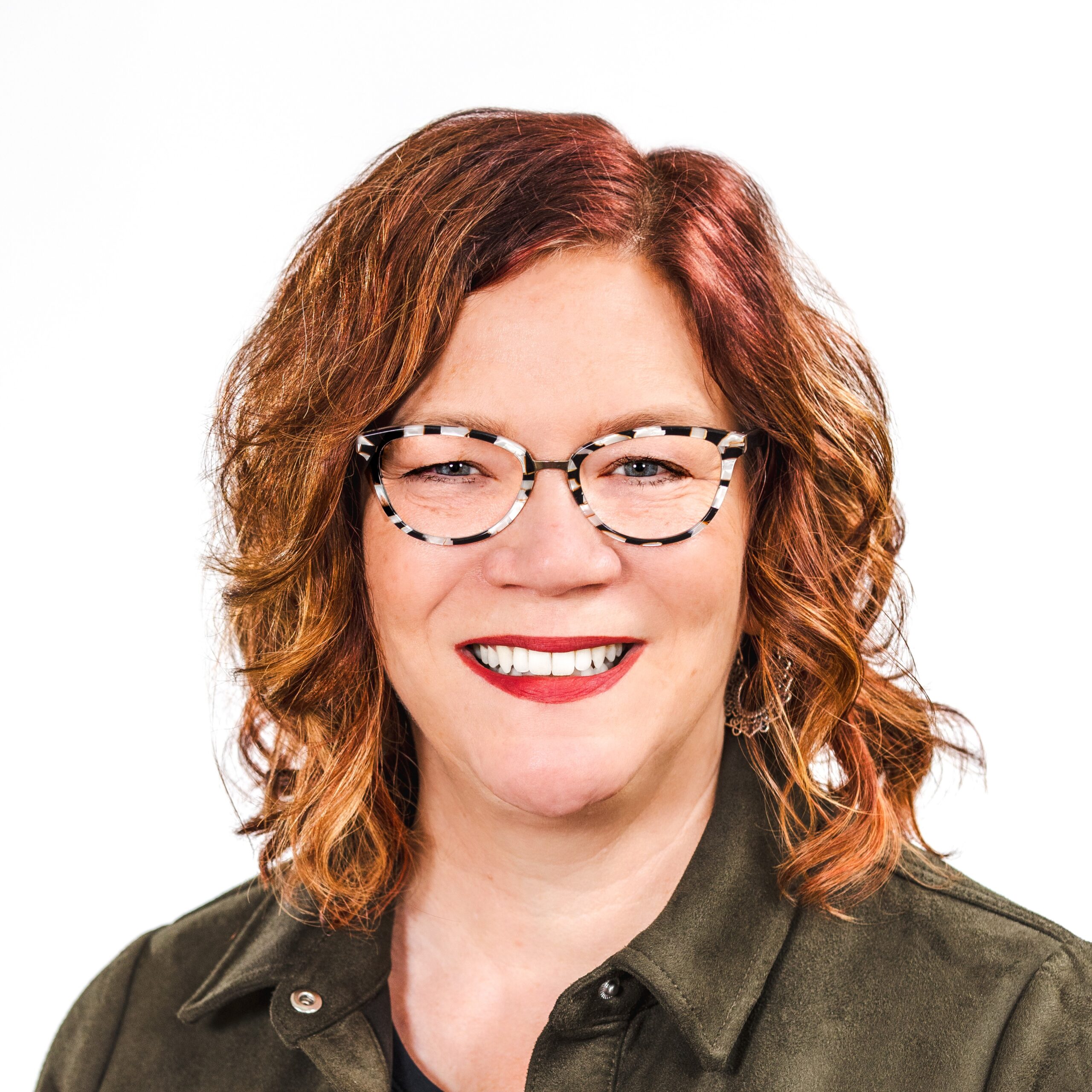EWU Chairs Leadership Development
Course Length
30m

EWU Chairs Leadership Development
Table of Contents
Overview
Session 1| The Balancing Acts of Academic Leadership (Date: Group A – Thursday, October 30; Group B – Friday, October 31)
Facilitator: Gwen Cash-James, Associate Vice Provost – Academic Affairs
Leadership requires the constant evaluation of a series of trade-offs. For instance, you may ask yourself questions like, “Do I lead as a faculty member or as a department head?” “Do I focus on the immediate or the long-term?” “Am I a colleague or a supervisor?” This session introduces the “balancing act” or “seesaw” as a framing device that will help you to navigate these inherent trade-offs by orienting your leadership choices and helping you to customize your choices to the situation, opportunity, and problem at hand.
Pre-Work
Before the session:
- Watch the following videos (in the Table of Contents section above):
- Academia’s Anti-Leadership Culture
- The Balancing Acts Model
- Complete the journal (pages 3 – 4) in the Embrace Your Leadership Workbook (please download and save a copy for yourself first). This can be found in the “View Course Materials” folder.
- The remaining worksheets in this workbook will be completed in person during the training.
Resources to Bring with You to the Session
Make sure you have:
- Embrace Your Leadership Workbook
After the session:
The three Seesaw videos shown during the session can be re-visited as needed in the Table of Contents section above.
- Seesaw 1: Leadership Role
- Seesaw 2: Management Style
- Seesaw 3: Leadership Comfort Zone
Session 2 | Five Paths to Leadership℠ (Group A: Thursday, November 20; Group B: Friday, November 21)
Facilitators: Terry Coleman and Rabia Khan Harvey
Our second session focuses on understanding your leadership strengths and gaps via Academic Impressions’ Five Paths to Leadership® Self-Assessment. Its purpose is to help you to understand how your natural leadership style shows up in both normal and stressful situations, and how you can adapt your leadership approach to different situations and people as needed, thus enhancing your leadership effectiveness.
Pre-Work: Participants will take The Five Paths to Leadership® Self-Assessment – Academic Impressions prior to the session.
Recommended Trainings:
- The Key to a Chair’s Success: Situational Awareness of Your Department: You’ll be introduced to a four-step process called an environmental scan, which allows you to systematically research and assess your department’s history, trends and strategic position – all of which influence the way others view and engage with you and your department.
- Peer to Manager: Navigating Your Transition Into Leadership: Learn strategies for navigating personal and professional challenges that come with internal promotions.
- Mindful Leadership for Chairs: You’ll learn how to draw clear boundaries around your role, put complex organizational challenges into perspective and understand the tensions inherent within your decisions.
Session 3 | Leading From the Middle: Finding Agency in Your Leadership (Group A: Thursday, January 15; Group B: Friday, January 16)
Facilitator: Gwen Cash-James, Associate Vice Provost – Academic Affairs
As an academic leader, you serve in a critical and visible leadership role. You are the first line of support and direction for faculty and staff within your department/unit. An you are a conduit that translates and executes institutional plans and priorities across your department/unit. You’re the bridge between administration and faculty and staff. This role requires you to lead up, down and across effectively to align different stakeholders, and this can feel like the most daunting work you need to do when leading from the middle, because it’s a larger scope of responsibility compared to being faculty. During our upcoming training, we’re going to dig a little deeper into understanding what it takes to be successful in these capacities by discussing strategies that will help you lead up, down and across.
There is no pre-work for this session.
Recommended Trainings:
- Managing Up, Down and Across: Examine how to get on the same page with and influence your supervisor, faculty/staff and peers to achieve common goals.
Session 4 | Giving Feedback (Group A: Thursday, February 19; Group B: Friday, February 20)
Facilitator: Gwen Cash-James, Associate Vice Provost – Academic Affairs
Giving feedback to faculty and staff in a way that is both direct and respectful is a challenging thing to do, even for seasoned leaders. Most of us figure it out the hard way by fumbling, softening what we meant to say, or confusing the message. In the long-run, this approach can delay or prevent the faculty’s development or pathway to promotion and tenure and, consequently, it impacts the department and university as a whole. We’ll explore the topic of providing feedback to faculty. Specifically, you’ll learn and practice using a simple, yet effective, four-step method, which you can use to provide timely, constructive and meaningful feedback in a way that feels collaborative and engaging.
Recommended Training:
Feedback as a Faculty (Re)Engagement Strategy – Both affirmative and constructive one-on-one feedback are critical to faculty talent development. Feedback needs to be appropriate for the career level (assistant, associate, professor) and the goals of the individual receiving feedback. Given that faculty’s morale has been low, providing feedback to faculty can feel high-risk. You don’t want to alienate faculty any further. Watch this recording and practice the art of providing feedback to faculty in an effort to both develop their talent and re-engage them.
Session 5 | Difficult Conversations (Group A: Thursday, March 19; Group B: Friday, March 20)
Facilitator: Gwen Cash-James, Associate Vice Provost – Academic Affairs
Conflict management is an inevitable part of leadership life and if handled correctly, can be quite productive to strengthening relationships and work outcomes. And yet, it’s a skill that many leaders feel is the most challenging to get right. The good news is, like with any skill, practice makes it easier. So, in this session, we’ll explore the State Your Path model from Crucial Conversations, and you’ll have the opportunity to practice using it so that you can grow your confidence and abilities to tackle difficult conversations.
Recommended Training:
Conflict Management: A Practical Workshop for Leaders: You will learn how to build a Conflict Strategy Map that helps you understand what the conflict is about and how to take action to fix things.
Session 6 | Empathy Fatigue: Balancing the Emotional Demands (Group A: Thursday, April 16; Group B: Friday, April 17)
Facilitator: Gwen Cash-James, Associate Vice Provost – Academic Affairs
As a leader, you know that empathy is a behavior that can help you build connections and trust with others on your team. Due to the uncertainty and rapid change happening across higher education, you may have found yourself exercising empathy with colleagues more often and at greater depths than you’ve ever had to before. Empathy fatigue may be settling in, and you might be noticing that exercising empathy gets more difficult the more tired and worn out you become. In this session, you’ll discuss ways to recognize the signals of empathy fatigue, and you’ll think about how to embrace empathy when it’s most needed.
Recommended Training:
Increasing Emotional Intelligence by Identifying Your Triggers: Learn a simple, yet powerful, journaling approach to help you develop greater self-awareness.
Manage Your Emotional Labor in the Workplace: Learn how emotional labor manifests for you and how you can overcome those challenges so that you can start making emotional labor work FOR you, not against you.
Communicating Boundaries with Empathy: A Training for Department Chairs: Learn how to say “no” and communicate your boundaries in a clear and empathetic way – one that builds trust and nurtures your relationships with others.
Session 7 | Leadership Philosophies (Group A: Thursday, May 21; Group B: Friday, May 22)
Facilitator: Gwen Cash-James, Associate Vice Provost – Academic Affairs
As we approach the end of this leadership development program, we have the opportunity to celebrate what we’ve learned about ourselves as leaders. In this final session, you’ll share your personal leadership philosophy with others, and we’ll discuss the gains you’ve made in your leadership development.
Pre-Work: Download a copy of the worksheet called “Leadership Philosophy” found in the Course Materials folder. Complete the worksheet and come prepared to share your philosophy with others. Remember this – your leadership philosophy is something that will grow and evolve over time – just like you! So, it doesn’t have to be perfect right now…but we’re eager to hear what you have so far.
$0




